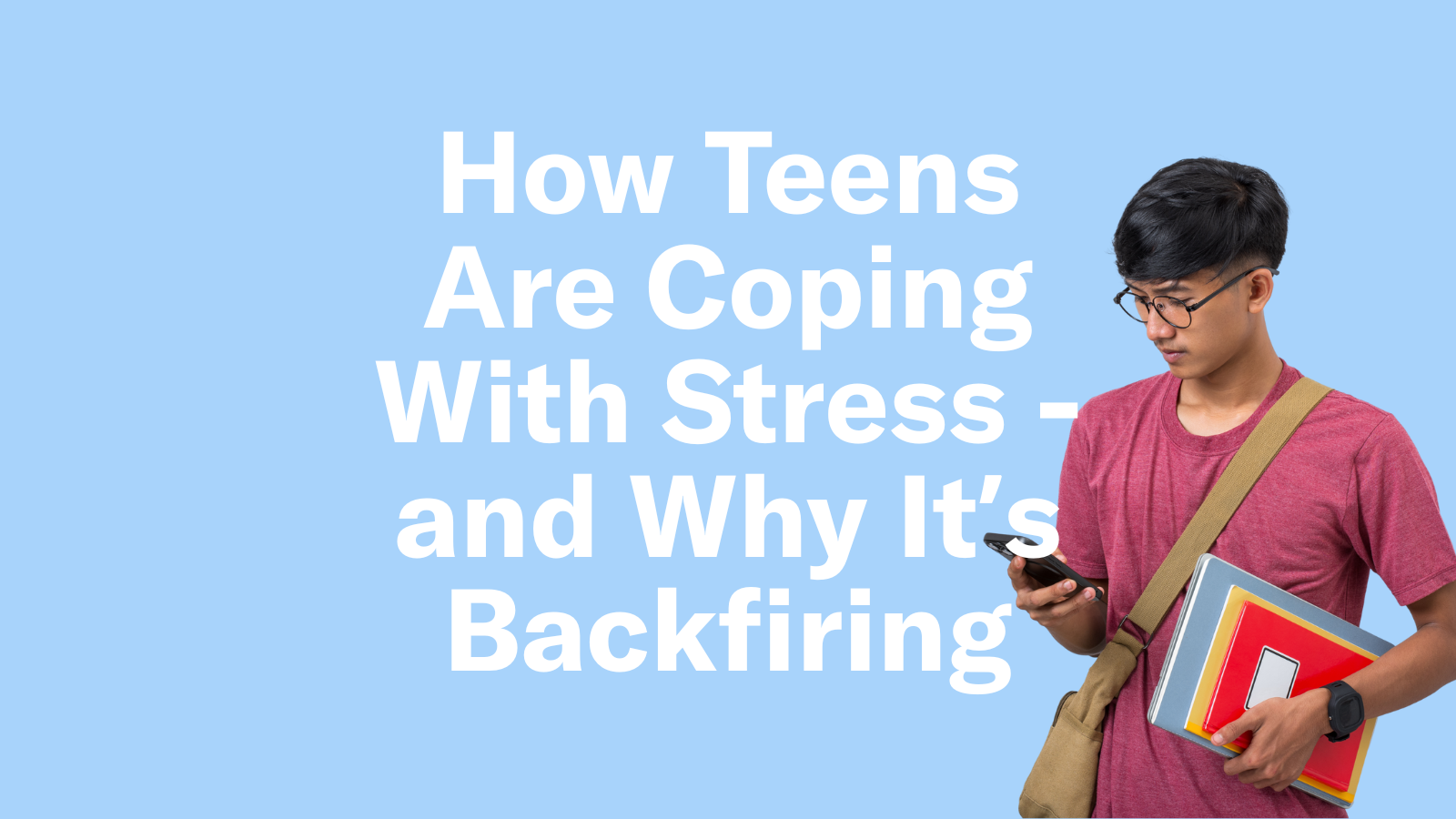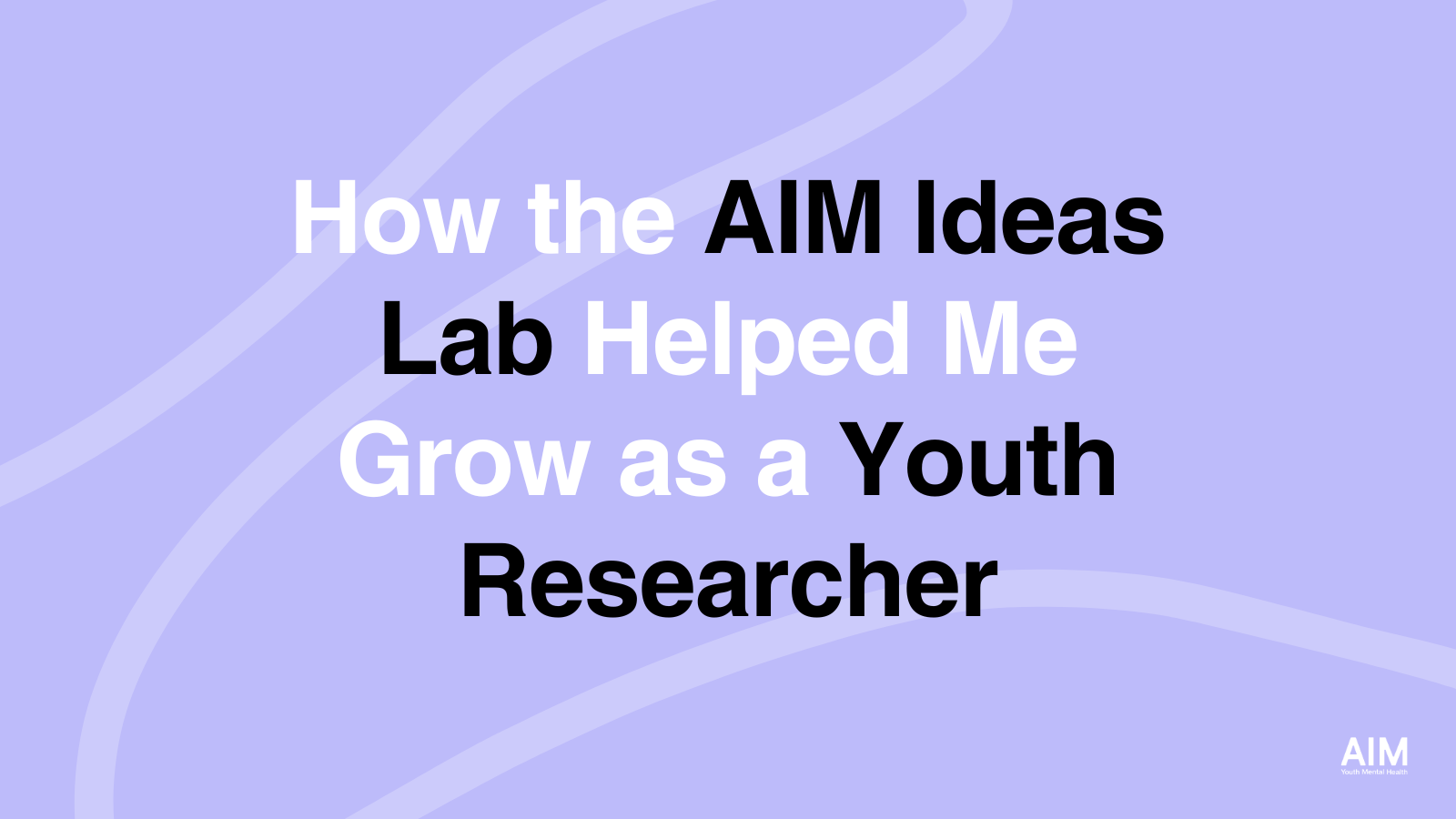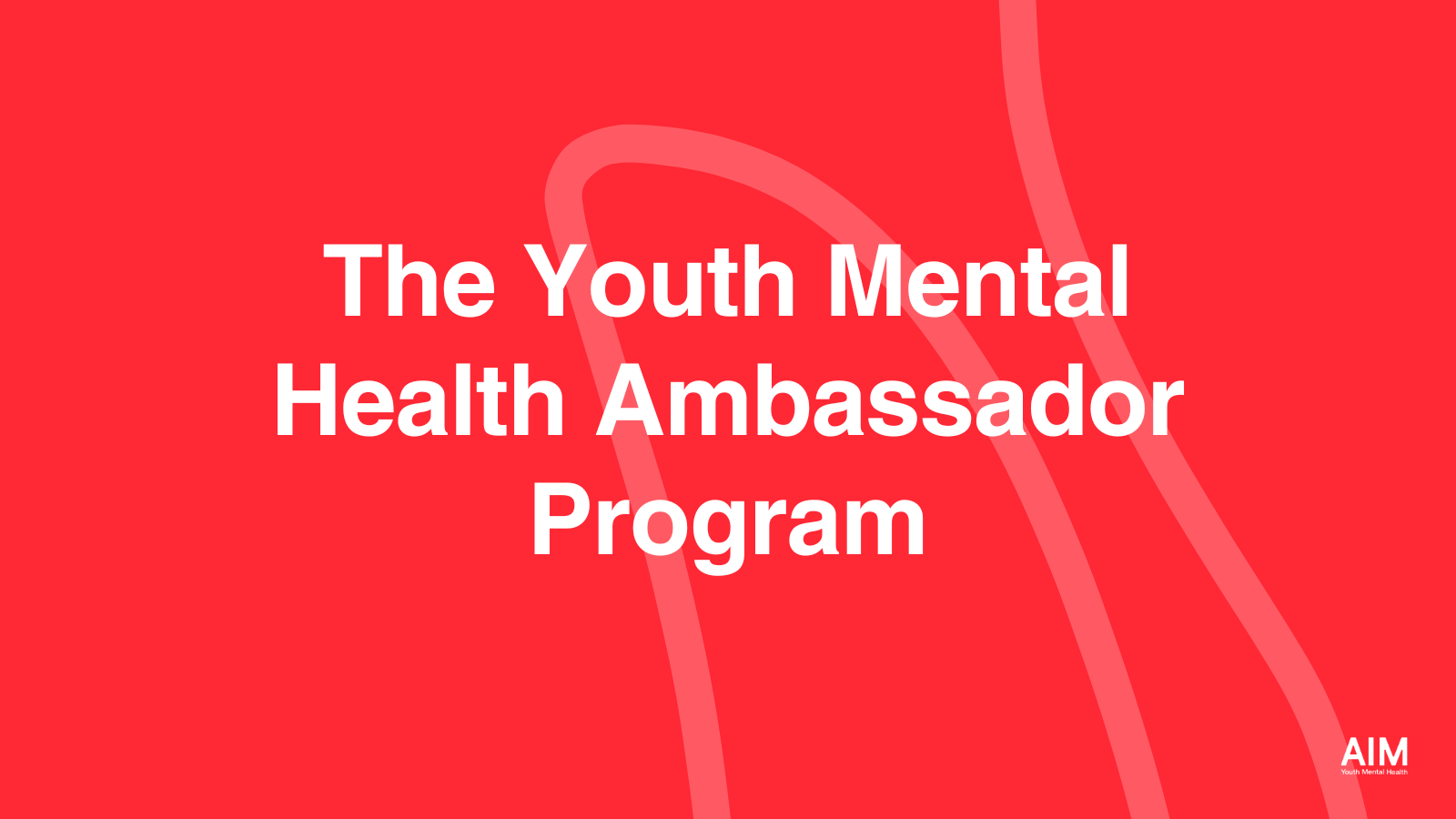If you’re a student interested in mental health and curious about what your future beyond school may look like, do not underestimate the value of your lived experience!
While AI advances are starting to unnerve some industries, mental health jobs are not going anywhere. In fact, with destigmatization efforts afoot, it’s a compelling time to join an ever-evolving field!
Previously, mental health jobs were more rigid, defined, and required advanced educational degrees. Today, unique and creative mental health programming is popping up in response to mental health’s inclusion in the global zeitgeist. And as our knowledge of mental health grows, so does the opportunity to show up to support mental health efforts in a myriad of ways.
One such example of this is the value of lived experience. The Peer Support Model refers to a system in which folks who have been successful in the recovery process help others experiencing similar circumstances. The value of peer support is different from the support of a therapist; and while one is not better than the other, both provide valuable insight and support to someone working through mental health challenges.
Mental health programs know this to be true. In fact, some organizations require a percentage of hires to have lived experience (either as someone who has experienced a mental health challenge themselves, or been a loved one to someone who has) due to the significance of this perspective in behavioral healthcare.
And as the job market opens itself up to equivalent experience in lieu of higher educational degrees, the value of lived experience has increased in the mental health market specifically.
While obtaining an associate or bachelor’s degree remains a large door-opener for these roles, folks who don’t have access to higher education should not be deterred from pursuing them.
There is a place for everyone in the effort to support a mentally healthy future and the opportunities in the field are starting to reflect that. If you are passionate about mental health and supporting others, no matter your education level, there is room for you in this collective effort.
That being said, here are nine jobs in the mental health field that range in their requirement of lived experience and education.
Jobs that value lived experience:
- Peer Support Specialist
- This job offers support to individuals going through similar challenges, using their own experiences with mental health to provide empathy and guidance. There are Peer Support Specialist certifications that, if completed, allows you to work in this role in a mental health program for a year or two and then, move into a higher role.
- Mental Health Clubhouse Generalist
- This role assists with programming and day-to-day functions of a mental health clubhouse, aka a referral-based program that acts as a hub for folks experiencing mental health challenges to provide support and refers clients out to other specialized agencies.
- Youth Support Partner
- A Youth Support Partner provides guidance, support, and skills-building education for members of a Transition Aged Youth (TAY) engagement program. Many of these positions do not require a higher education degree, and personal experience is often a key qualification.
- Housing Specialist
- This job assists with serving a community, typically in an unhoused and mental health supportive program, on finding and utilizing permanent supportive housing, transitional housing, and shelter. These are typically non-entry roles that require either a bachelor’s degree or equivalent work experience. Lived experience also helps in this role.
- Outreach Worker
- An Outreach Worker scope varies given the agency specific job deliverable requests. For example, a typical scope for an Outreach Worker working for a homelessness program vs a TAY program would vary. Typically, this role provides referrals to other agencies or is responsible for alerting the community about the program they work for. They may assist in housing and health goals for the community or provide trainings to local organizations and schools. Similar to a Housing Specialist, this is a non-entry role that looks for a bachelor’s degree or equivalent work experience.
- Case Manager
- This role coordinates services and resources for clients, assesses their needs, and creates a treatment plan to help them achieve their mental health goals. Educational requirements for this role depend on the program hiring and can range from a high school diploma to a master’s degree or certification.
(Note: In addition to lived experience, volunteering at a nonprofit organization is another proven way to gain experience and a foot-in-the-door.)
Jobs that look for an advanced degree:
- Marriage & Family Therapist, MFT
- A MFT diagnoses and treats mental and emotional disorders within the context of marriage, couples, and family systems, helping clients improve their relationships and resolve conflicts. A MFT requires a master’s degree in marriage and family therapy or a related field, as well as requires supervised clinical experience and passing a state licensing exam.
- Licensed Clinical Social Worker, LCSW
- A LCSW has a broader scope than a MFT. They provide therapy, counseling, and support services to individuals, families, and groups, often specializing in areas such as mental health, substance use, or child welfare. A LCSW requires a master’s degree in social work, as well as supervised clinical experience and passing a state licensing exam.
- Director of Mental Health Program
- A Director of a Mental Health Program is responsible for overseeing the operation, management, and development of a mental health service or department within an organization. While this looks different depending on the department and org, program management, staff supervision, financial management, procedure development, community outreach, and strategic planning are all universal skills required for this role. Typically these roles look for a bachelors or masters degree, although organizations are starting to value equivalent work experience in lieu of those degrees.
____________________________________
About the Author
Meadowlark Monaghan (she/hers) is a consultant using her knowledge gained as a mental health professional to act as a liaison between brands, creators, + online communities with the field of psychology and mental health. She also co-hosts the personal development podcast, Thoughts May Vary. Her work has been seen with Madhappy, Local Optimist, The Mayfair Group, Lonely Ghost, AIM Youth Mental Health, NAMI San Diego and more.





